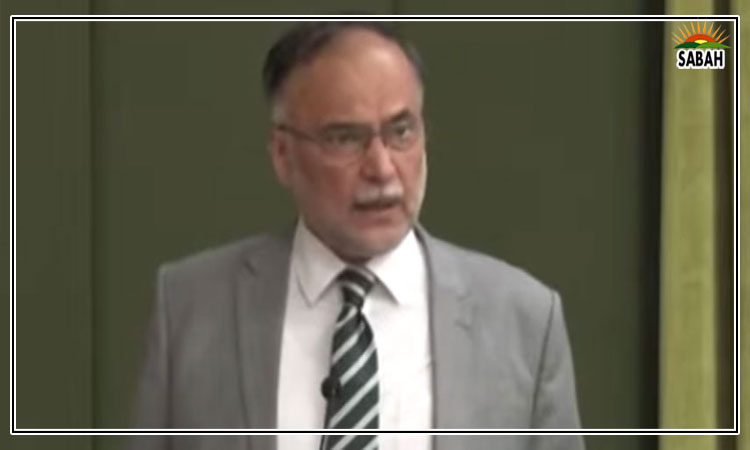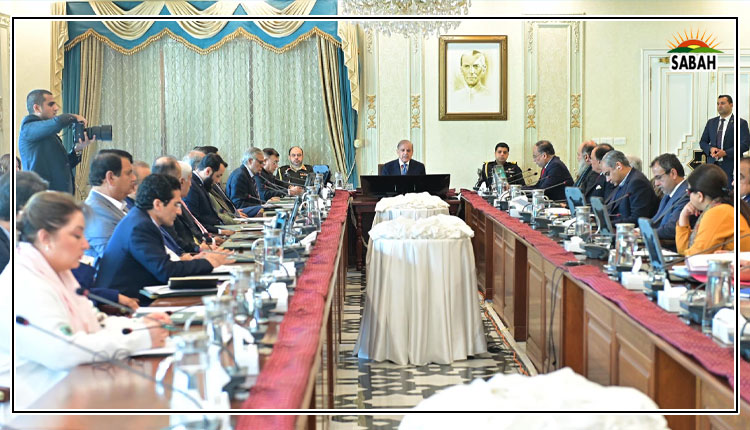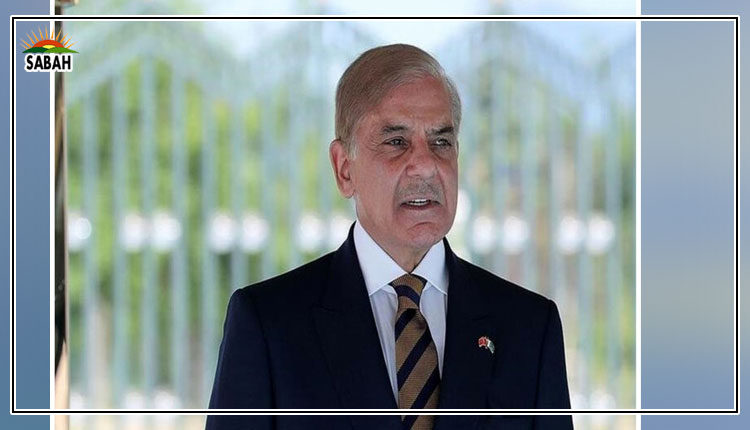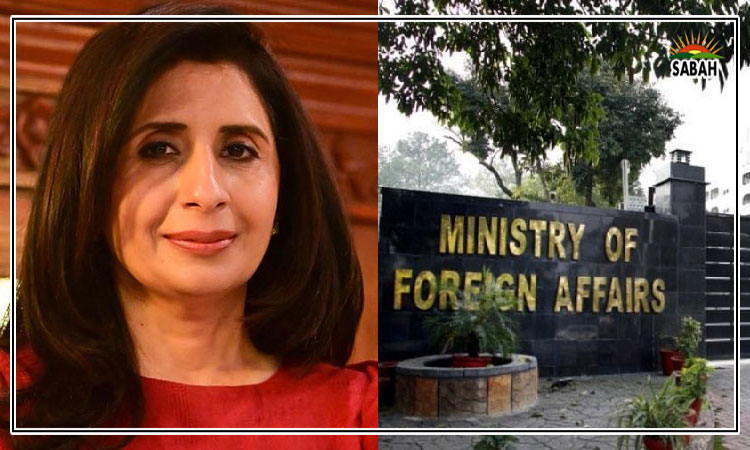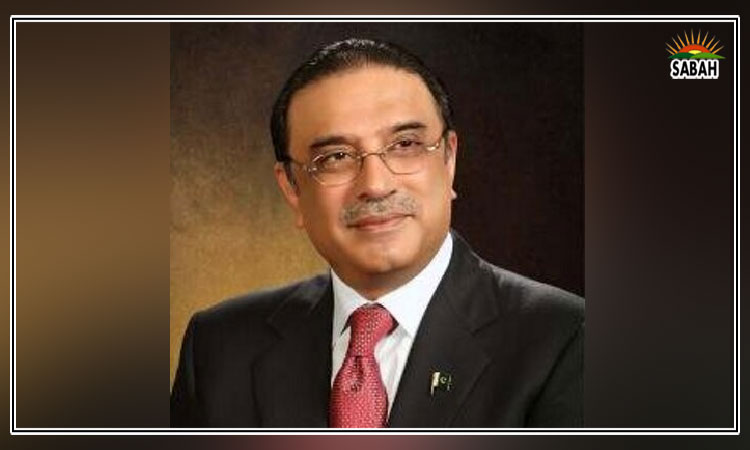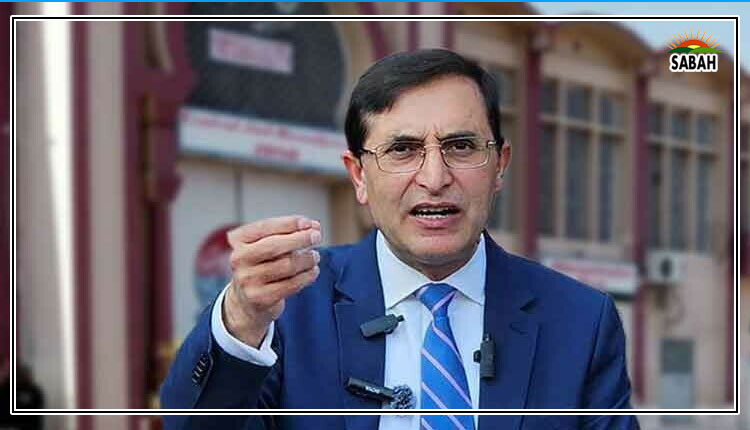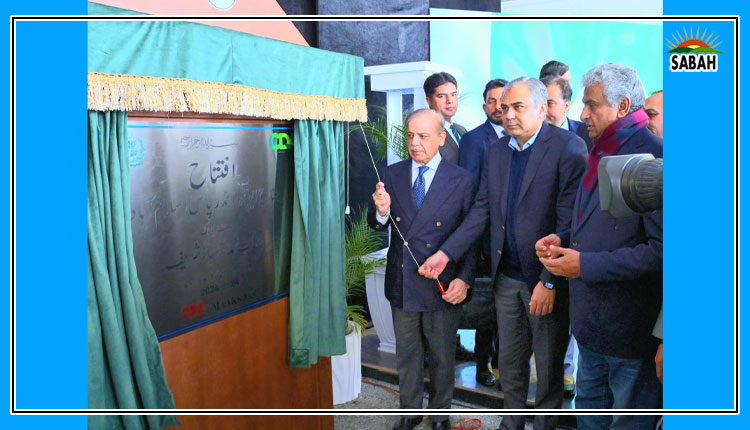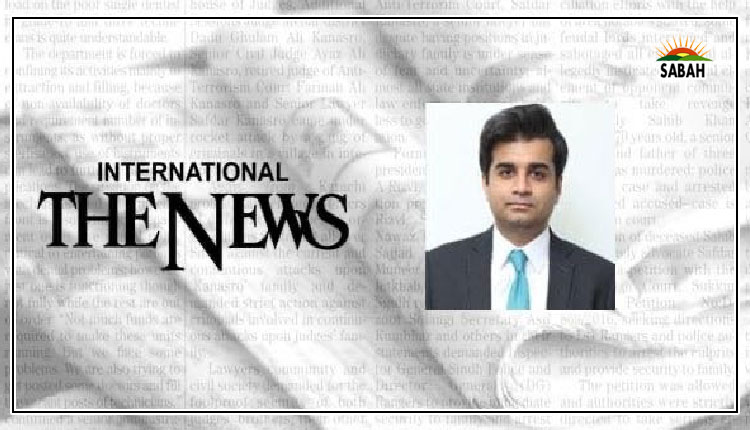The depositor’s interest….Ammar Habib Khan
Inflation is at its highest ever level, a mix of a global commodity super cycle, a never ending series of bad policy decisions, and the inability to take any decisions.
Inflation is the worst kind of tax, and mostly materializes when a country consistently runs deficits (its expenses are greater than its income), and keeps plugging the deficit through more borrowing. As inflation has consistently remained in double digits in the last five years, the real interest rates have stayed in the negative territory over the last three years.
A real interest rate is simply the difference between the interest rate in an economy, and the rate of inflation. As inflation exceeds interest rate, there exists a negative real interest rate, which simply means that your money will continue losing its value in the future. As households and businesses alike figure that their money is going to keep losing its value, they spend that money and drive up consumption, which leads to a vicious cycle of consumption driving growth further derailing an already fragile economy.
To avoid such a scenario, central banks attempt to maintain a real interest rate in the positive region. In our peculiar case, the central bank the State Bank of Pakistan doesnt seem to care much about real interest rates, so it just consistently stays reactive, rather than being proactive. Eventually, the central bank has to increase interest rates, and this is what is happening in Pakistan, wherein we are close to highest ever interest rates. The IMF is also prescribing a further increase in interest rates, which is vehemently being opposed by our central bank.
When interest rates increase, the theory goes that people start saving more, as they get a higher return, and reduce consumption. This time around, something different is happening. Banks are calling their depositors to convert their conventional savings account to Islamic savings account. On the surface, this looks like a pious and noble cause, but going deeper one figures that this is a business decision to extract greater profits from unaware depositors.
The central bank the State Bank of Pakistan mandates that the return on savings accounts should not be lower than the floor rate as mandated by the central bank, less 0.5 per cent. The floor rate currently is 16 per cent, and the minimum savings rate mandated by the central bank is 15.5 per cent.
But this is only applicable for conventional savings accounts, and not on Islamic savings accounts, or Islamic banks. This results in a scenario where banks push customers to move their deposits from conventional to Islamic accounts, wherein they get an average rate of 8 percent of loss. Through a pious and loaded sales pitch, banks benefit from information asymmetry, and push a customer towards Islamic accounts without clarifying, or educating them on the potential opportunity loss that they may have to incurThis is a classic case of information asymmetry. An ordinary depositor does not know any better, and is the ideal vulnerable target for an aggressive sales campaign by a bank to reduce its costs of deposits. What better sales pitch can a bank have than a pious pitch to become Shariah compliant.
In a high inflationary environment where real incomes are being eroded, it is imperative that depositors are not blocked from accessing prevailing interest rates due to information asymmetry, and lack of regulatory concern. Multiple options exist that allow citizens to access high interest rates available on government securities, but due to information asymmetry, and financial illiteracy, not many are able to benefit. The conditions that block access are also by design, as such products would cannibalize the business of banks, which is effectively to act as a conduit for sovereign borrowing.
There may exist an argument that a minimum savings rate may not be possible in Islamic banks, as it may go against principles of Shariah. Extracting incremental profits from consumers who do not know any better, while banks exploit the information asymmetry may not align with principles of Shariah either.
The trust and faith of the public in banks has been consistently declining, despite substantial efforts to enhance financial inclusion. Currency in Circulation in the economy is close to its all-time high relative to GDP. There is almost Rs8 trillion of cash sloshing around in the economy, staying outside the formal banking system.
If such discrepancies, and information asymmetry continues, the faith of people in the formal banking system may further erode. If the depositor is not going to get a fair return from a bank, while the bank treats every customer with undue scepticism, then there will be more gradual outflow of capital from the formal economy as depositors seek better return elsewhere in the informal economy. The exodus of capital from the formal economy has been happening for a while now, and may just accelerate further if banks try to extract a pound of flesh from the depositor, while the regulator looks the other way. We can either work for a more financially inclusive society, or we can extract more rents in the short term, and further deteriorate trust that exists between the people and the formal financial system. The regulator needs to play the long game here, otherwise there wont be much left to regulate as we can clearly see that more than 70 per cent of banking assets are either directly or indirectly exposed to the government. Even on the deposit side, private-sector deposits relative to public-sector deposits have been consistently going down.
The country needs a robust and thriving financial sector that is inclusive not just in letter, but also in spirit. Financial inclusion is more than just photographs, and PR events.
The writer is an independent macroeconomist
Courtesy The News



